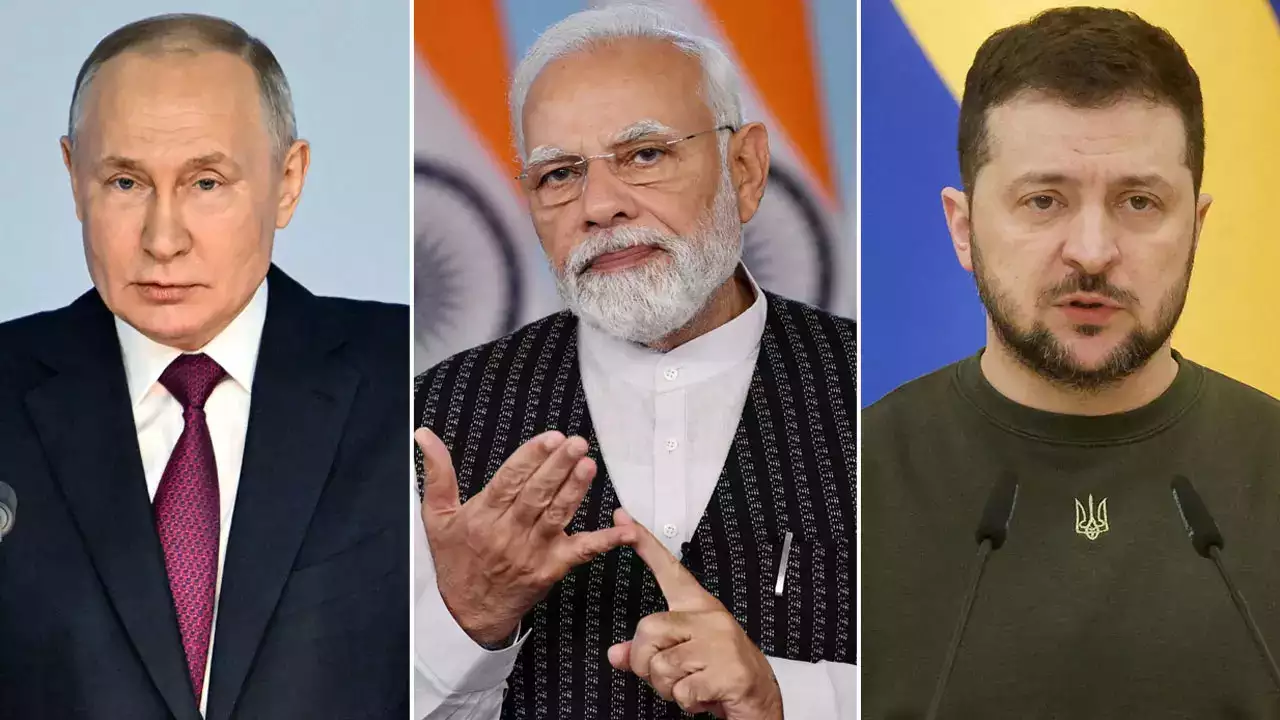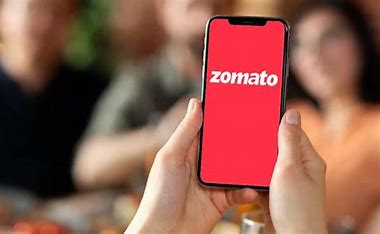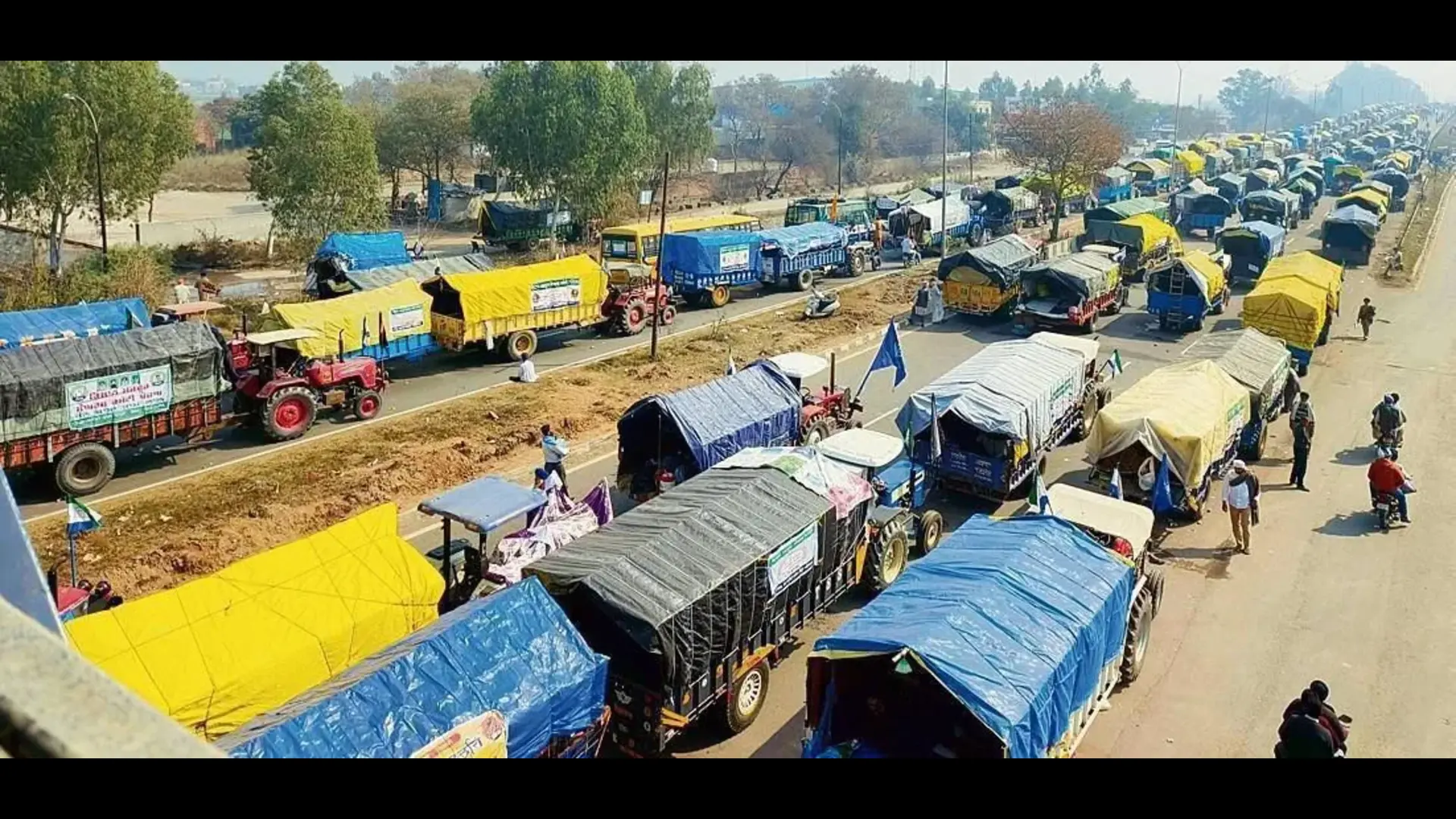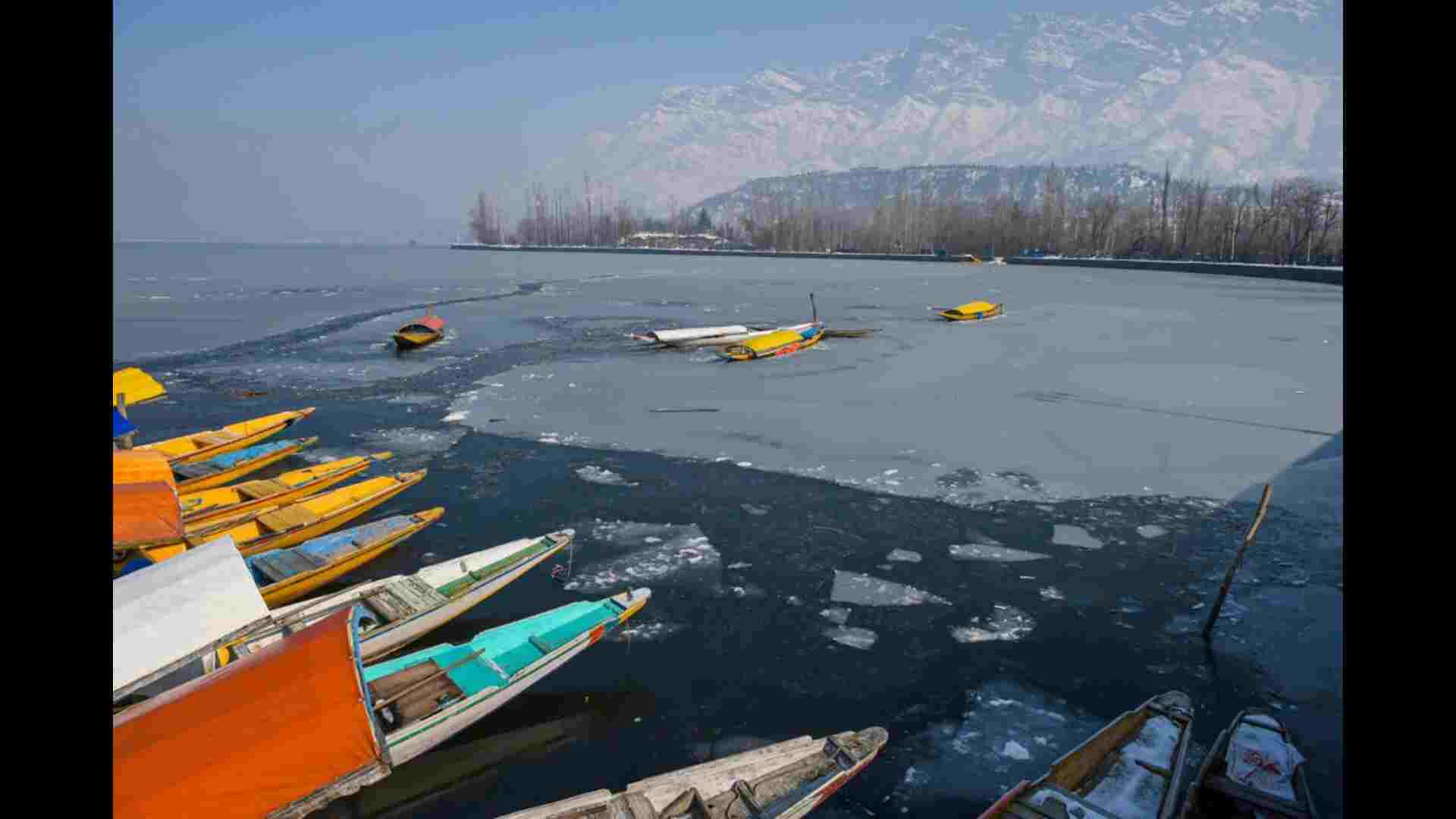Prime Minister Narendra Modi is visiting Ukraine this week. This will be the first visit to Ukraine by an Indian Prime Minister in almost 30 years and, hence, PM Modi’s first visit to that country after the Russian invasion of 24 February 2022. As Ukraine’s war with Russia continues, the Indian PM’s visit assumes significance, especially since it comes soon after his visit to Moscow. There may have been a lot of outrage in the West over the Moscow visit, but the Ukraine visit should not be seen as a balancing act, instead as a reaffirmation of India’s independent foreign policy. If the Moscow visit was a message to the West and Ukraine that India did not belong to the Western camp, the visit to Ukraine gives a similar message, but this time to Russia, and even China, which has been propagating that the Russia visit is indicative of the formation of some sort of an anti-western bloc. While pursuing its policy of strategic autonomy, India is delivering a clear message: it is neither against the West, nor against Russia. India is on India’s side, where its national interest will decide its foreign policy. Also, as External Affairs Minister S. Jaishankar had said soon after the start of the Russia-Ukraine war, “India is on the side of peace and will remain firmly there.”
There is some understanding in the West about India’s historical relationship with Russia. The US, in particular, has mentioned that it does not have a problem with it, as long as India-Russia relations do not infringe on bilateral ties between India and the US. India’s present dependence on Russian materiel, in spite of diversification and making at home, is around 60%. So jettisoning Russia is easier said than done. Lest we forget, among the several agreements that PM Modi and President Putin signed in Moscow in July, one was on “joint manufacturing in India of spare parts, components, aggregates and other products for maintenance of Russian origin arms and defence equipment under Make-in-India program”. But then US ambassador to India, Eric Garcetti, would rather lecture India on how a war is not the time to practice “strategic autonomy”. So what is India supposed to do? Render 60% of its defence equipment unserviceable even as China breathes down its neck? In fact, some of India’s Russian origin defence platforms were made in Ukraine and require parts manufactured in Ukraine. This supply chain got disrupted because of the Russia-Ukraine war. PM Modi’s visit is expected to open up avenues to ensure supply chain resilience.
India has been clear right from the beginning that this is not the time for war. PM Modi has said as much to President Putin. The question that many in the West are asking is if India can broker peace between Russia and Ukraine. It’s the wrong question. The question should be about the end goal of the Nato, which is fighting its proxy war with Russia through Ukraine. If the end goal is the humiliation and destruction of Russia and Vladimir Putin, it may not be easy to achieve as Russia is still a consequential military power. Also, maximalist positions will not bring peace. Putin will never agree to Volodymyr Zelenskyy’s demand to return to a pre-2014 situation when Crimea was with Ukraine. Even though Putin is the aggressor here, he has to be given some room to manoeuvre. He will have to be assured that Ukraine will not be a part of Nato. One of the reasons Putin invaded Ukraine was because he wanted to pre-empt the possibility of Nato reaching Russia’s borders. All that talk about Putin did it because he is expansionist does not reflect the reality. Till date, in spite of alarmist predictions about Putin’s imminent invasion of Poland, nothing has happened. Hence, the time has come for pragmatism. What is the option here if not compromise? Pushing Moscow into Beijing’s arms, where it has already landed? China already commands heft and will attract smaller countries to its bloc. Think of the economic consequences for the West, if an increasing number of countries ditches the dollar and adopts the Chinese currency to do business with. Russia and China are already doing it.
Hence, almost everything depends on how the West handles the ongoing war. Signs are that even the Nato countries are tiring of Zelenskyy’s unending demand for money and materiel. Reports are that Germany, one of the biggest backers of Ukraine, is planning to reduce its aid to Kyiv by 2026. The US may have over-spent on Zelenskyy and may no longer be in a position to take on China in other parts of the world, specifically in the Indo-Pacific, which suits Chinese interests perfectly—one of the reasons why China wants this war to continue. This being the situation, what India can do is help draw the terms of engagement for both parties, but for that the West will have to decide if it actually wants peace.






